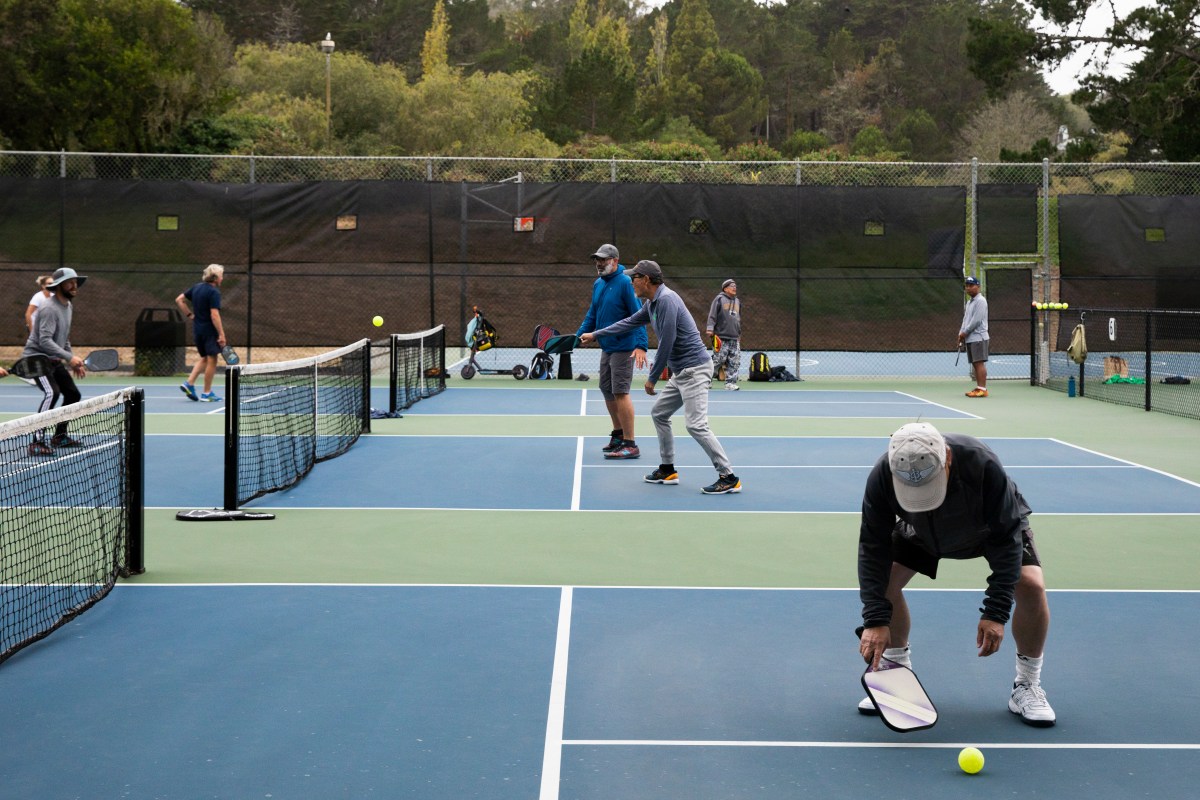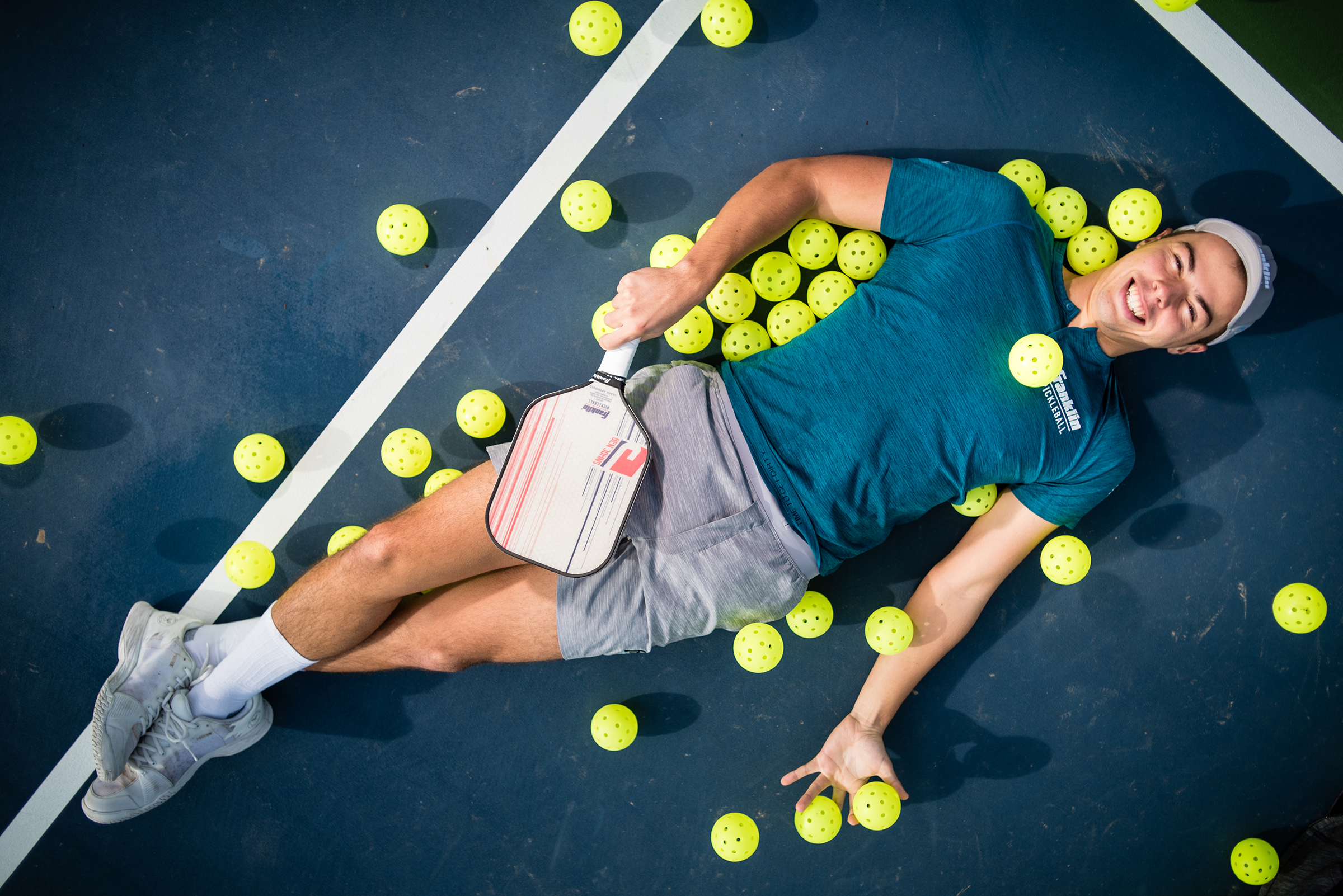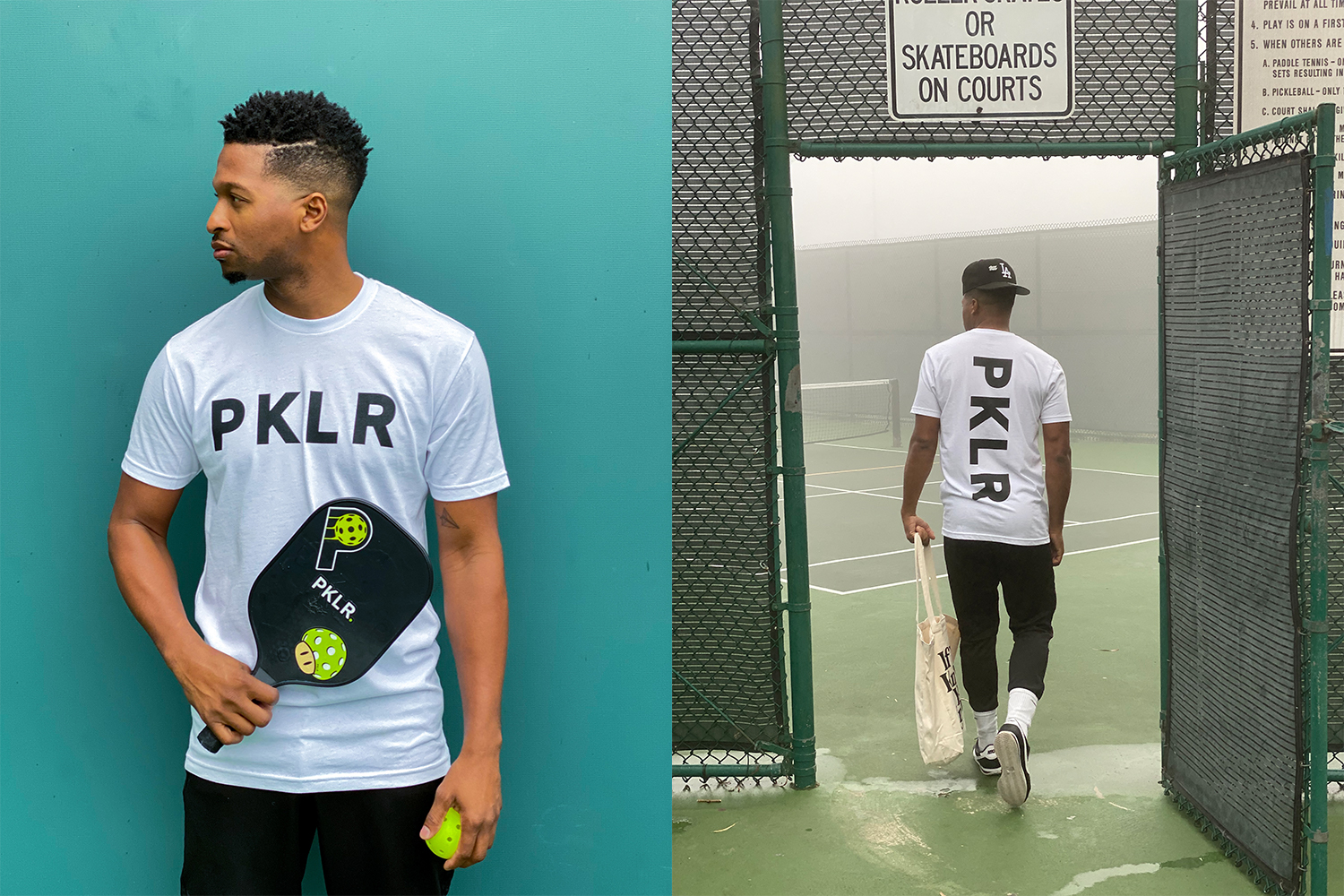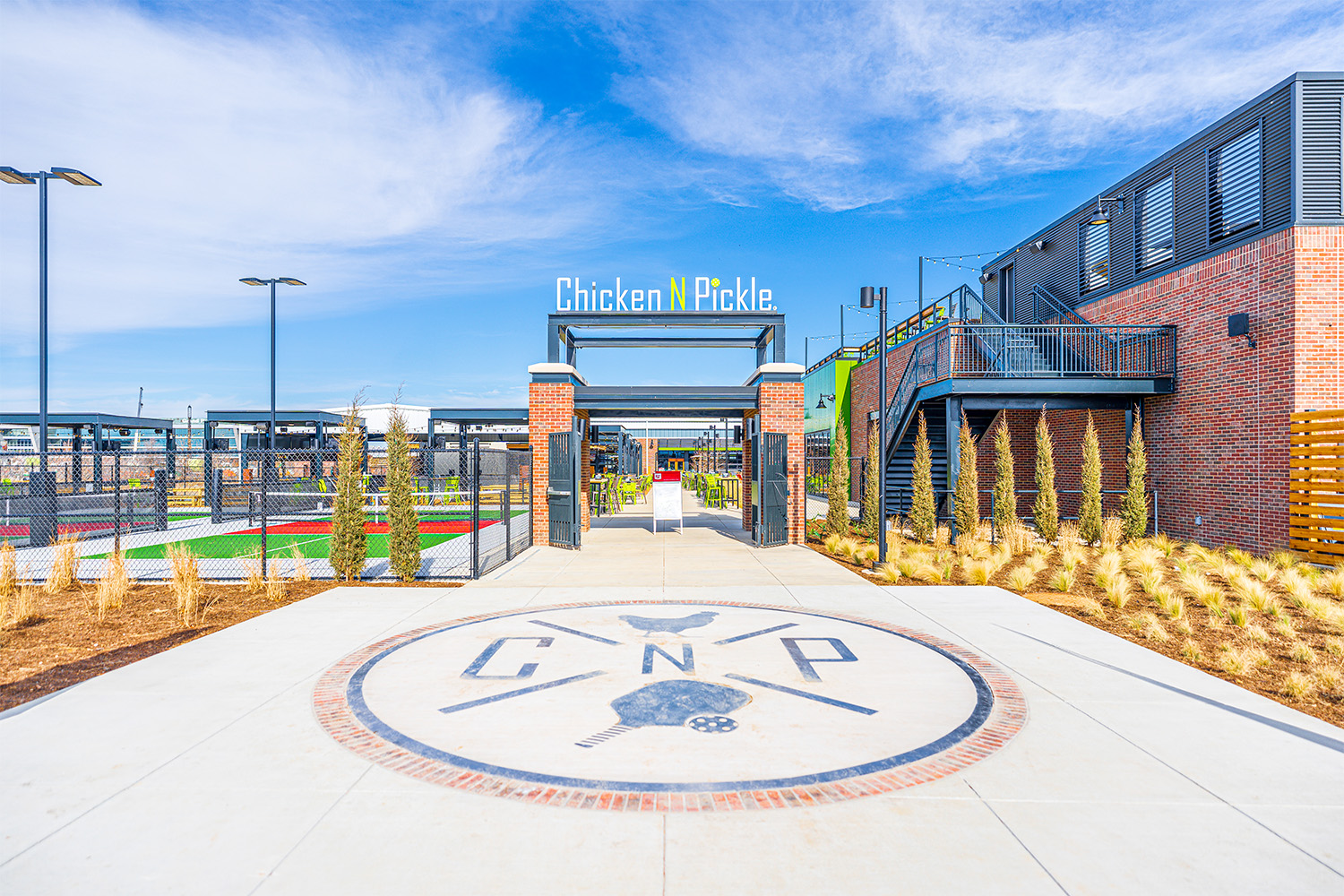“Once you’re in pickleball, you don’t want to get out. It’s an addictive sport. Once you play it, you never want to stop.” That’s Joseph MacDonald, a “pickleball enthusiast” who plays in Hanover, Massachusetts, speaking to a local news crew earlier this year.
His devotion is emblematic of how most participants feel about America’s fastest-growing sport: absolutely obsessed. The sport, which is often described as a combination of tennis, ping-pong and badminton, has drawn impassioned essays from Bill Gates, provided an unlikely backdrop for nuptials and even led to at least one case of suburban warfare — in a northern New Jersey town, a group of senior citizens fought back on claims that their regular play caused “noise pollution” for the surrounding neighborhood. In the face of new annual fees and limited court hours, one lady said, “Pickleball brings us so much joy. How can they put restrictions on our joy?”
Aside from a punitive village hall, there is one thing that can keep the Joseph MacDonalds of the world off a pickleball court: injuries are on the rise as players log hours on creaky knees and “dink” shots with sore elbows.
It might register as a bit of a surprise, for a sport that’s so often pitched as a “low-impact alternative” to tennis, but there were more than 19,000 pickleball injuries in 2017, well before the sport entered the cultural consciousness. As its popularity has ballooned over the last two summers (to an estimated five million regular players across the country), those injuries have likely increased in kind.
The three most common injuries? Rotator cuff tendinitis (pickleball elbow, basically), strains in the Achilles tendon and knee ligament sprains. But as The New York Times reports, emergency rooms have also registered an uptick in less conventional injuries, which seem to speak to the underrated intensity of pickleball. Think: wrist fractures, herniated discs, labrum tears. As pickleball’s demographics skew older to begin with, injuries are more likely. But the game itself is a bit deceptive; moving around a small box, players feel compelled to get to every ball. This can lead to some nasty tumbles.
10 Products for Better Post-Workout Recovery
Banish next-day soreness with these body-friendly toolsFor overuse injuries, players should follow a familiar formula: ice frequently, rest when necessary, see a physician the second the pain gets serious. But in order to avoid a more costly fate, you might want to reconsider your approach to the game. Know your limits; if raising your arm above your head to make a shot could aggravate your shoulder, it isn’t worth it. And sometimes, similar to how you’d concede a point in tennis, you might just have to accept a well-placed dink in the Kitchen (the zone just in front of the net).
Most importantly, no player — aging or otherwise (I’ve started seeing a ton of players in their 20s and 30s on courts around Brooklyn) — should start a game before doing dynamic stretches. As one pickleball coach told The New York Times, “Pickleball players are notorious about not warming up.”
That makes sense. Pickleball is fun and doesn’t feel like exercise, and stretching is tedious and adds an unwanted degree of seriousness to the activity. But jerking your body around a court is serious business, especially if you’ve celebrated 70 birthdays. Make sure you’ve jogged a lap, done some lateral drills and swung your legs back and forth like a pendulum (hold on to a fence or bench while doing so) to create some mobility.
Also prudent: wearing a pair of grippy tennis shoes with a wide base to give you maximum stability. And if you do find yourself on the ropes, never run backwards. Pivot and shuffle instead, then open your body to volley the ball back. Pickleball may have become a matter of life or death for many Americans over the last few years, but that doesn’t mean it should put you in the hospital.
The Charge will help you move better, think clearer and stay in the game longer. Subscribe to our wellness newsletter today.



















